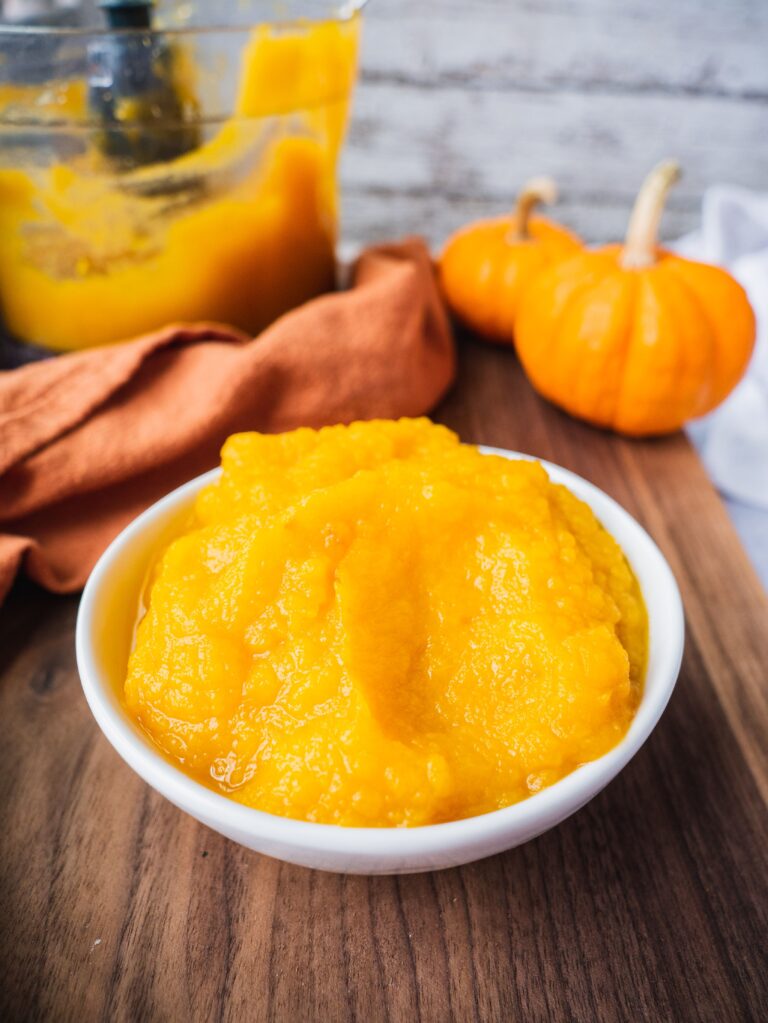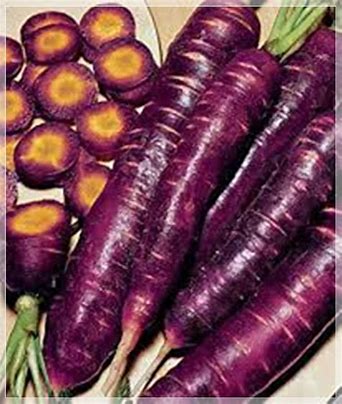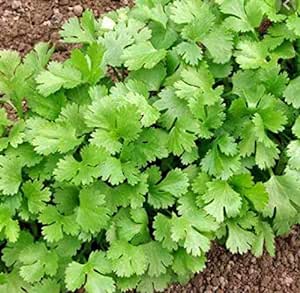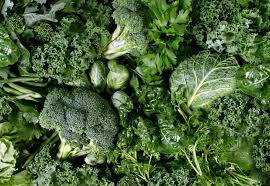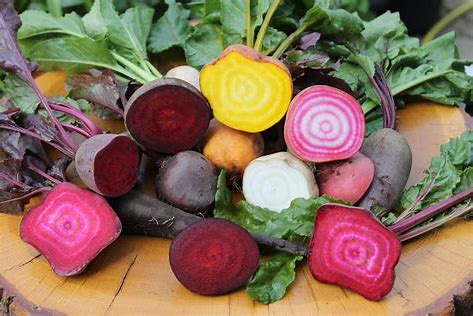Let’s Talk About Bananas!
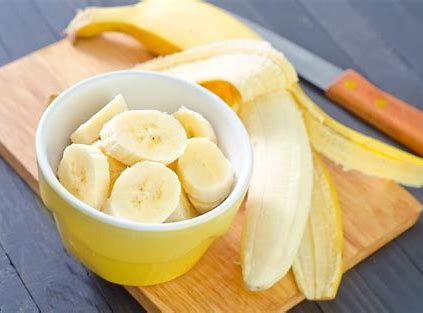
Bananas are great natural sweeteners but they also have tons of micronutrient benefits! Generally known for their mineral electrolytes. They are great sources of potassium as well as magnesium, phosphorus, calcium, and iron. These are all critical for muscle, heart, brain, and nervous system function. Bananas are also great sources of Vitamin C (which aids the immune system), Vitamins B1, B2, and B6 (important for energy and glucose metabolism), and Vitamin A (the antioxidant Retinol). Bananas are also associated with reduced risk of GI diseases, regulation of carbohydrate metabolism, and weight control (Kidon & Uwineza 2022; Wang et al., 2014; Falcomer et al., 2019).
https://www.ncbi.nlm.nih.gov/pmc/articles/PMC9146844/pdf/molecules-27-03049.pdf
https://www.mdpi.com/2072-6643/11/6/1222
- 1/2-1C (123-245g) pumpkin puree (10-20g carbs, 1-2g protein, 40-80 cal)
- 40-80g (1.5-3oz) banana (10-20g carbs, 35-70 cal)
- 100g (3.5 oz) purple carrot (10g carbs, 40 cal)
- 6g lemon juice
- 1/2-3/4C water
TOTAL: 120-240 cal, 20-40g carbs, 2.5-5g protein, .2-.5g fat; 28-56% daily fiber, 21-42% vitamin C, 10-20% iron, 843-1700% Vitamin A, 28-56% potassium, 12-24% B6, 14-28% manganese
Brenna's Pumpkin-Banana-Carrot Super-Recipe:
- 1.5oz banana
- 1/2C pumpkin puree
- 100g purple carrot
- 1/4-1oz lemon juice
- 4oz water (filtered, alkalinized are best)
- 3oz cilantro (if you like cilantro)
- 1/2C baby spinach/&baby kale
- 1/4C beet greens
- 4oz beets (pickled beets are fine)
Blend all ingredients. 1 service makes a great snack. Serving may be doubled for meal or depending on energy needs. See nutrition facts on next column.
Super-Recipe Nutrition Facts:
NUTRITION FACTS: 200 cal | 7g protein | 32g carbs | 1g fat | Fiber: 53%.
VITAMINS: Vitamin K: 336% | Vitamin C: 63% | Folate: 47% | Vitamin E: 16% | Vitamin B1 (Thiamine): 11% | Vitamin B2 (Riboflavin): 21% | Vitamin B3 (Niacin): 12% | Vitamin B5 (Pantothenic Acid): 17% | Vitamin B6 (Pyridoxine): 29%.
MINERALS: Calcium: 14% | Copper: 37% | Iron: 28% | Magnesium: 21% | Manganese: 57% | Phosphorus: 14% | Potassium: 67% | Selenium: 4% | Sodium: 11% | Zinc: 12%.
The nutrition facts above are for one serving (e.g., 1 snack). Portions can be doubled for a meal or larger energy needs.
Key Players in this Super Smoothie
Bananas are great natural sweeteners but they also have tons of micronutrient benefits! Generally known for their mineral electrolytes. They are great sources of potassium as well as magnesium, phosphorus, calcium, and iron. These are all critical for muscle, heart, brain, and nervous system function. Bananas are also great sources of Vitamin C (which aids the immune system), Vitamins B1, B2, and B6 (important for energy and glucose metabolism), and Vitamin A (the antioxidant Retinol). Bananas are also associated with reduced risk of GI diseases, regulation of carbohydrate metabolism, and weight control (Kidon & Uwineza 2022; Wang et al., 2014; Falcomer et al., 2019). https://www.ncbi.nlm.nih.gov/pmc/articles/PMC9146844/pdf/molecules-27-03049.pdf https://www.mdpi.com/2072-6643/11/6/1222 https://www.researchgate.net/profile/Siyuan-Wang-24/publication/257764749_Effects_of_Anti-browning_Combinations_of_Ascorbic_Acid_Citric_Acid_Nitrogen_and_Carbon_Dioxide_on_the_Quality_of_Banana_Smoothies/links/5702ed9c08ae646a9da87c61/Effects-of-Anti-browning-Combinations-of-Ascorbic-Acid-Citric-Acid-Nitrogen-and-Carbon-Dioxide-on-the-Quality-of-Banana-Smoothies.pdf
Pumpkin is a rich source of dietary antioxidant vitamins (e.g., Vitamins A, E, and C), carotenoids (e.g., B-carotene, lutein, and zeaxanthin), and phenolic compounds (e.g., caffein acid, gallic acid, 4-hydroxybenzoic acid, protocatechuic acid, and rutin). It is also a great source of dietary fiber, minerals, and unsaturated fatty acids. Because of this, pumpkin has excellent anti-diabetic, antioxidant, anti-carcinogenic, anti-inflammatory, anti-microbial; anti-kidney stone formation, anti-hypotensive, anti-inflammatory, and anti-blood-coagulatory properties (Yadav et al., 2010). https://www.cambridge.org/core/services/aop-cambridge-core/content/view/614835C9F2CABAAAFD5E7925A72E7F9F/S0954422410000107a.pdf/medicinal-and-biological-potential-of-pumpkin-an-updated-review.pdf https://www.ncbi.nlm.nih.gov/pmc/articles/PMC9146844/pdf/molecules-27-03049.pdf
Purple carrots are major sources of the antioxidants carotenoids and phenolic acid (as well as other polyphenols), with twice as much a- and b-carotene as other carrot colors. Purple carrots also contain anthocyanins (a type of flavonoid antioxidants that are more stable in purple carrots than in other sources) (Kidon et al., 2022). The bioactive compounds found in purple carrots are associated with preventing/delaying cardiovascular disease, obesity, diabetes, and cancer (Rasheed et al., 2022). The anthocyanins and phenolics in purple carrots are associated with reduced metabolic changes and inflammatory effects, preventing oxidative stress. https://www.mdpi.com/2076-3417/12/6/3170; https://www.sciencedirect.com/science/article/pii/S1756464615005952; https://www.cambridge.org/core/services/aop-cambridge-core/content/view/132F6268B6E8CB578A311CFC953B7203/S0007114510002308a.pdf/div-class-title-comparison-of-purple-carrot-juice-and-carotene-in-a-high-carbohydrate-high-fat-diet-fed-rat-model-of-the-metabolic-syndrome-div.pdf.
Cilantro is a form of Coriandrum sativum along with coriander and Chinese parsley. Research suggests coriander offers beneficial properties, particularly related to liver health, detoxification, heavy metal detoxification, skin infections, glucose utilization, non-insulin-dependent diabetes mellitus and dyslipidemia, as well as anxiety and pain (Abascal & Yarnell 2012). https://www.innerpath.com.au/matmed/research/Coriandrum%5EsativumACT2012185.pdf
Dark leafy greens contain a variety of beneficial antioxidants and micronutrients. Here, dark leafy greens are used for their beta-carotene, an an antioxidant found in many fruits and dark leafy green vegetables, that is a precursor to another antioxidant, retinol (Vitamin A), and has a strong inverse relationship with C-reactive protein (CRP, an inflammatory marker) and systemic inflammation (Persia et al., 2022; Erlinger et al., 2001; Schultz et al., 2019).
Beets are powerhouse sources of antioxidants as well as a variety of additional vitamins, minerals, and micronutrients. Beets contain a variety of compounds that facilitate nitrogen metabolism through nitric oxide (NO) binding, nitrite reduction, and nitrate (NOD) formation (Ericsson et al., 2019). These compounds enable beets to have potent vasodilating effects that benefit the vascular and cardiovascular systems with secondary benefits on mood, endurance/stamina, reproductive systems, and the sympathetic and parasympathetic nervous systems (e.g., Lidder & Webb, 2012; Broeder et al., 2021). Beets are also potent sources of antioxidants (e.g., phenolics and flavonoids) and antimicrobial betalains (nitrogenous pigments that include red-violet pigmented betacyanins and yellow-orange pigmented betaxanthins with antimicrobial, antiviral, anti-cancer, and anti-tumor properties)(Čanadanović-Brunet 2011; Ravichandran et al., 2011). Moreover, the antioxidant activity of beets (including Vitamin C, folate, and phenolics) seems to be largely retained, even during commercial processing (Jiratanan & Hai Liu 2004).

